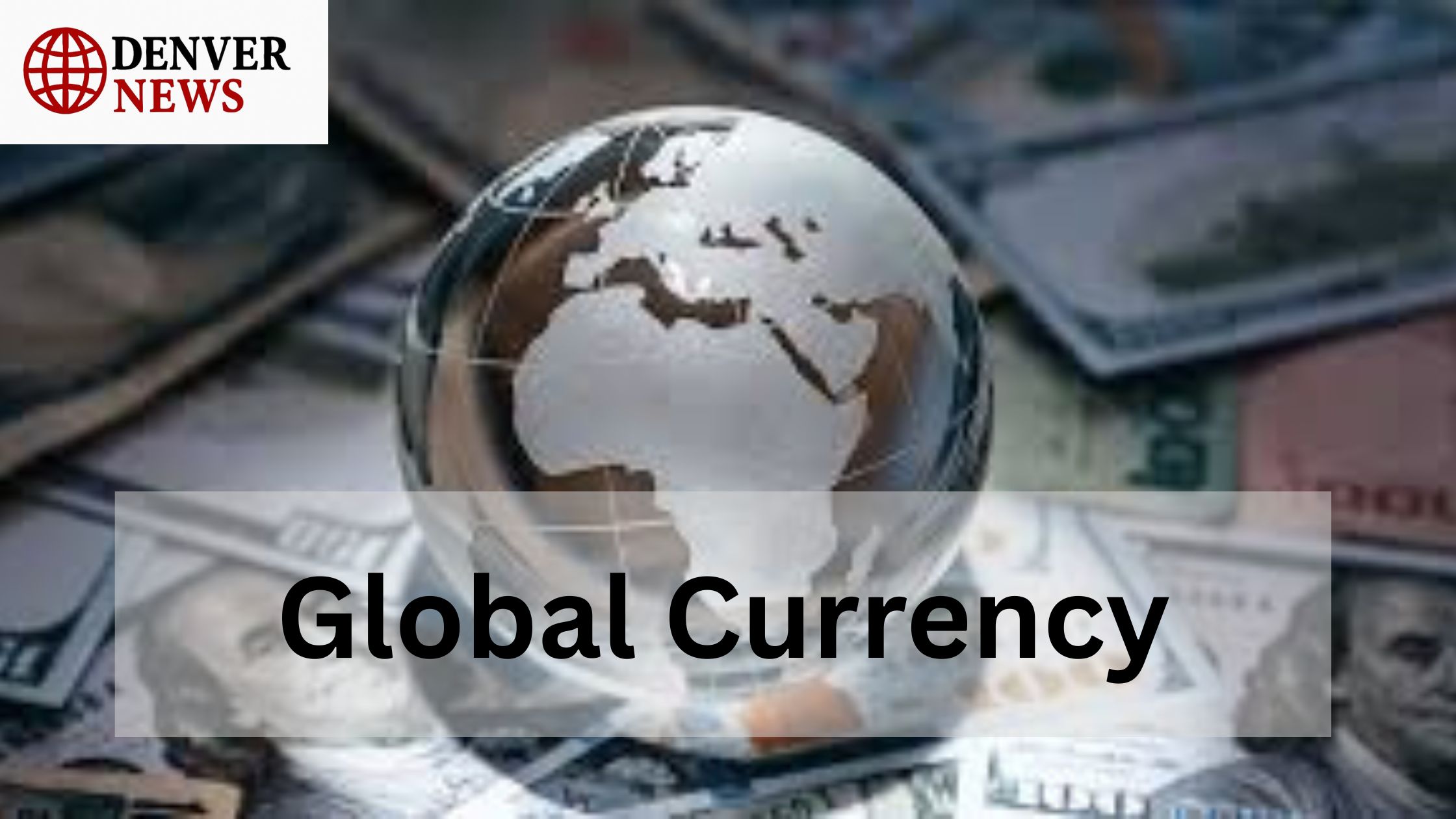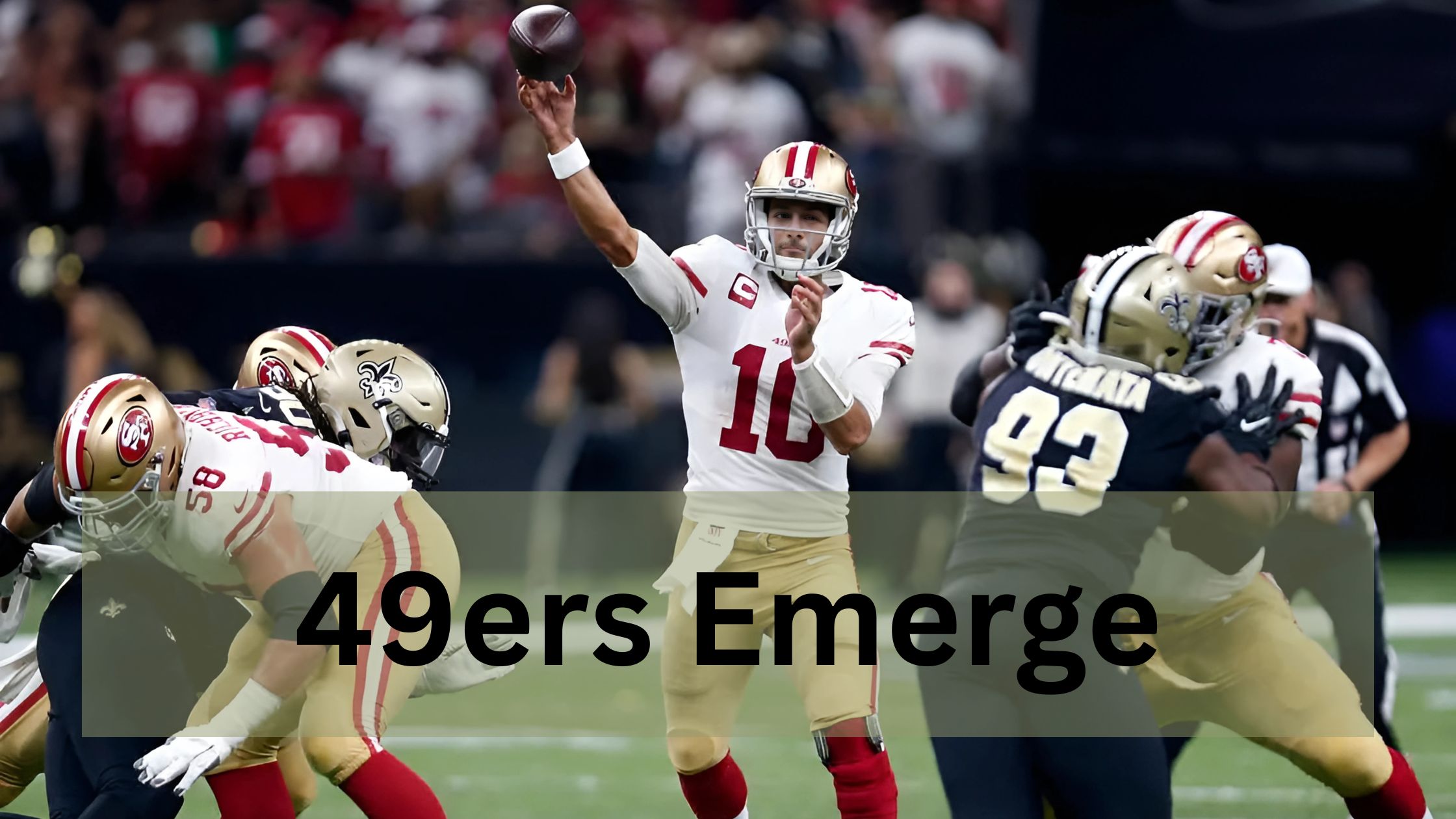Let’s play a quick game of association. I say “vacation,” you think… beaches, maybe? Relaxation? For me, and I bet for a lot of you, it’s immediately followed by a less glamorous thought: ugh, currency exchange.
Navigating foreign money is a universal travel headache. The dodgy airport exchange kiosks with their terrible rates, the hidden credit card fees, the mental math gymnastics at a market stall. It’s a ritual of friction.
Now, imagine a world where that friction doesn’t exist. You land in Tokyo, Paris, or Buenos Aires, and you pull out the same currency you use at your local coffee shop. No conversion, no confusion, just… paying.
This isn’t just a traveler’s fantasy. The concept of a global currency has tantalized economists, sci-fi writers, and futurists for decades. But is it a brilliant idea for a connected world, or a terrifying path to economic tyranny? Let’s unpack the wallet of possibilities.
The Alluring Promise: Why a Single Currency Sounds So Good
Proponents of a global currency (let’s call it the “Terra” for fun) argue it would be the ultimate lubricant for the global economy.
- Death of Exchange Rates: Businesses could plan decades ahead without fearing that a sudden shift in the Yen or Euro could vaporize their profits. International trade would become infinitely simpler and less risky.
- Price Transparency, Globally: You could instantly know if that new gadget is genuinely cheaper abroad or if you’re just getting fooled by exchange rates. The entire world becomes one massive, comparable marketplace.
- Total Financial Inclusion: For people in countries with unstable or hyperinflated currencies, the Terra could offer a safe, stable store of value, potentially lifting millions out of monetary uncertainty.
It sounds like a utopia of efficiency, doesn’t it? A true symbol of a united human race. But then… we have to talk about the not-so-small print.
The Devil in the Details: The Mountain-Sized Problems
This is where the dream gets messy. Implementing a single currency isn’t just a technical switch; it’s a political and economic earthquake.
- Who’s in Charge? This is the biggest question. Do we let the IMF run it? The UN? A new, independent global central bank? Handing over monetary policy—the power to set interest rates and control the money supply—to an unelected body in another country is a massive surrender of national sovereignty. The political will for this is virtually zero.
- The “One-Size-Fits-None” Problem: The Eurozone crisis gave us a preview. Germany’s economy is different from Greece’s. What’s good for one (like raising interest rates to cool inflation) can be catastrophic for another (crushing growth and increasing debt). Now magnify that to include every nation on Earth, from economic powerhouses to developing nations. It’s an economic impossibility to manage effectively for all.
- A Single Point of Failure: If the global currency system were hacked, corrupted, or simply mismanaged, the entire world’s economy could collapse simultaneously. Talk about putting all your eggs in one basket.
The Plot Twist: It’s Already Happening (Just Not How You Think)
While a formal, government-backed global currency remains a distant prospect, we’re already witnessing the de facto rise of global currencies in digital forms.
- The US Dollar: For decades, the dollar has acted as the world’s primary reserve currency. Oil, gold, and major international contracts are priced in dollars. It’s the closest thing we have to a default global money.
- Cryptocurrencies: Bitcoin was literally founded on the idea of being a “decentralized global currency.” While too volatile for daily use now, it proved the technical concept of a borderless, digital money outside any government’s control.
- Stablecoins and Digital Wallets: This is where it gets real. Digital tokens pegged to stable assets (like the dollar) and platforms like PayPal or Alipay are creating seamless, almost-currency-agnostic systems for moving value across borders instantly. They abstract away the currency for the user, which is the entire point.
The Final Verdict
So, will we ever see a single, official world currency?
A unified, state-backed currency like the Terra? Probably not in our lifetimes. The political and economic hurdles are simply too high.
But a functional global currency ecosystem? We’re already living in it. It’s a messy, competitive, and digital patchwork of dollars, stablecoins, and digital wallets that increasingly makes physical borders irrelevant to finance.
The dream of one world, one wallet isn’t coming from a treaty signed in Geneva. It’s being built, line of code by line of code, in Silicon Valley, Shenzhen, and by crypto developers around the world.
Other Using Link https://denverenews.com/nicole-collier/







